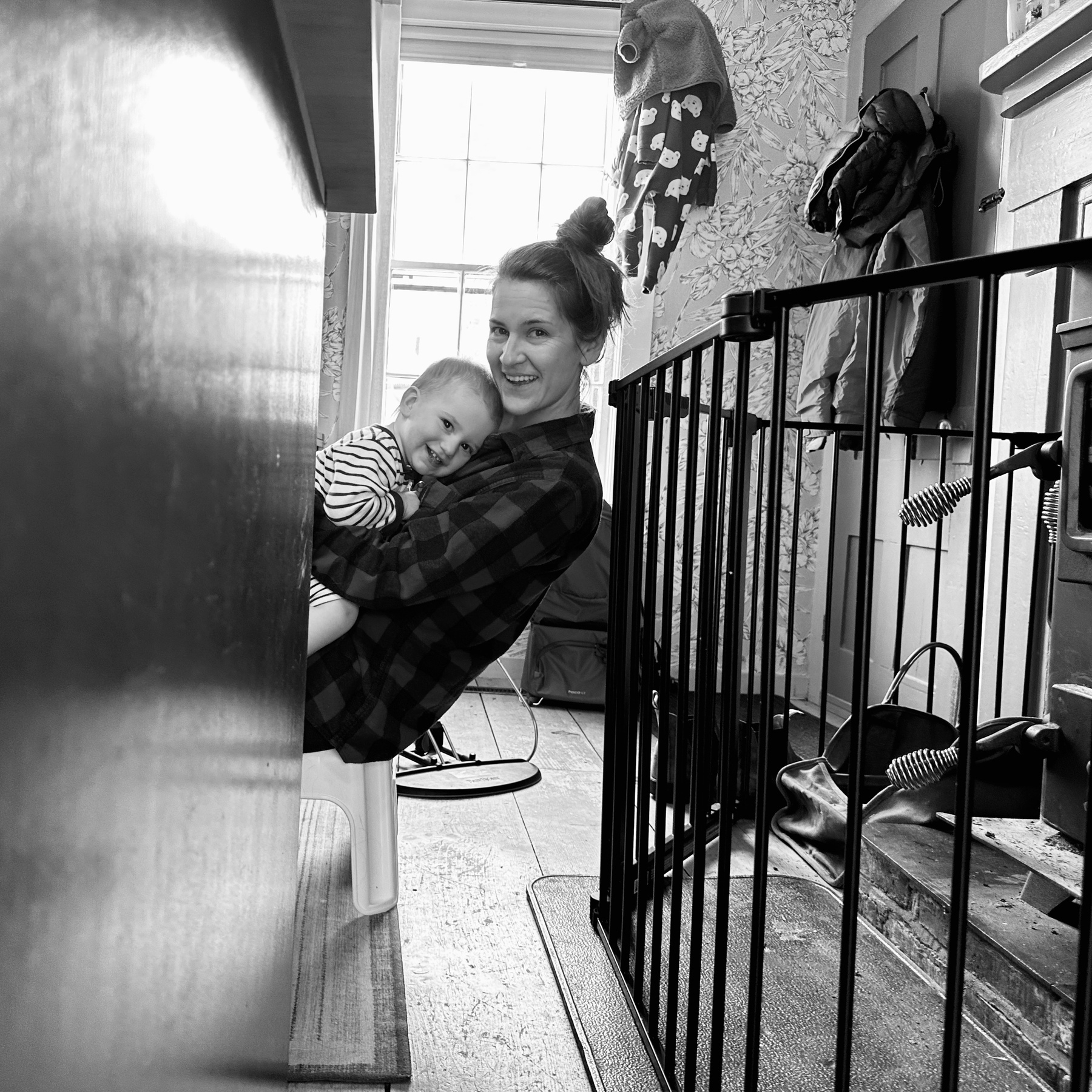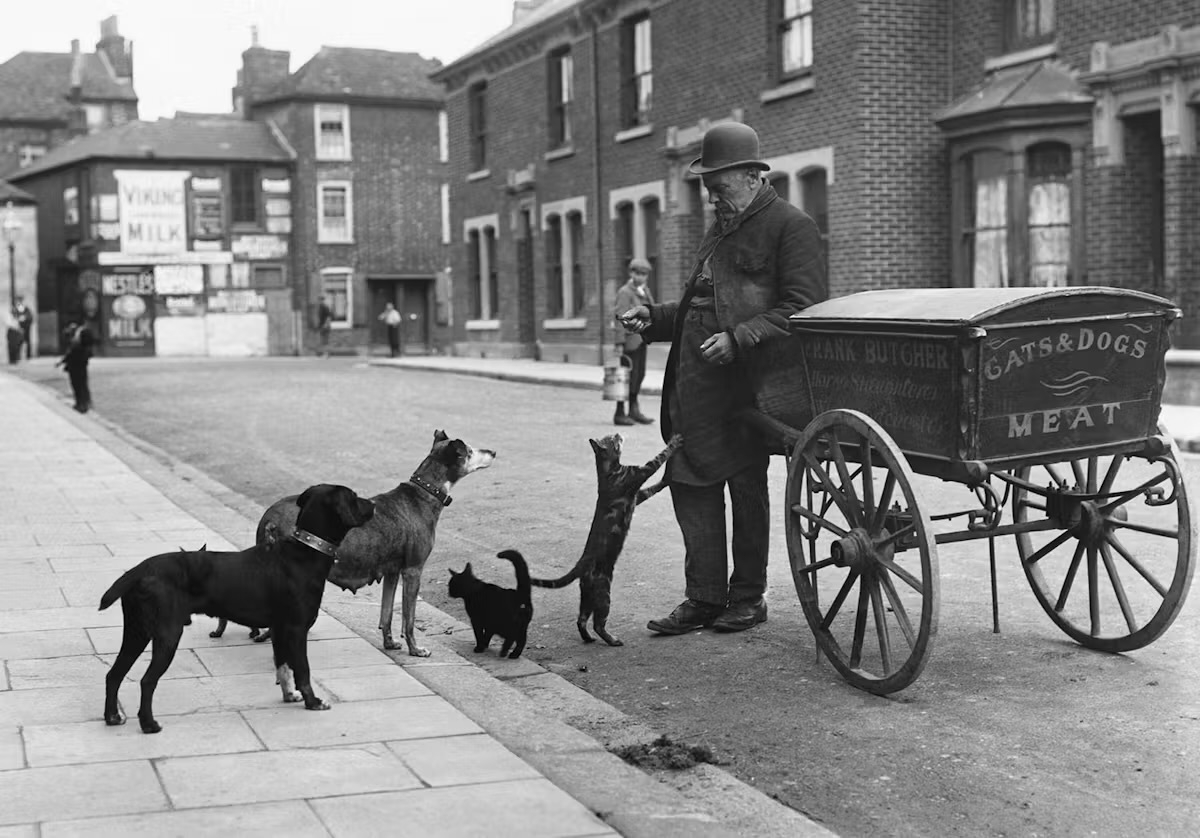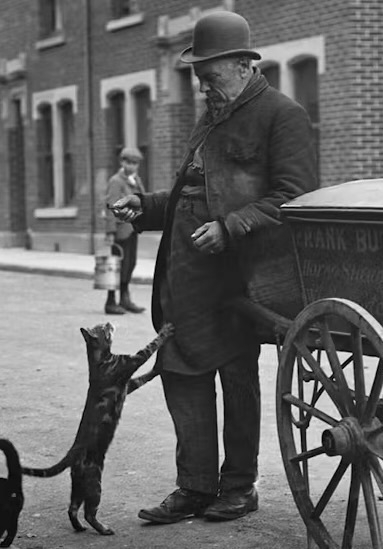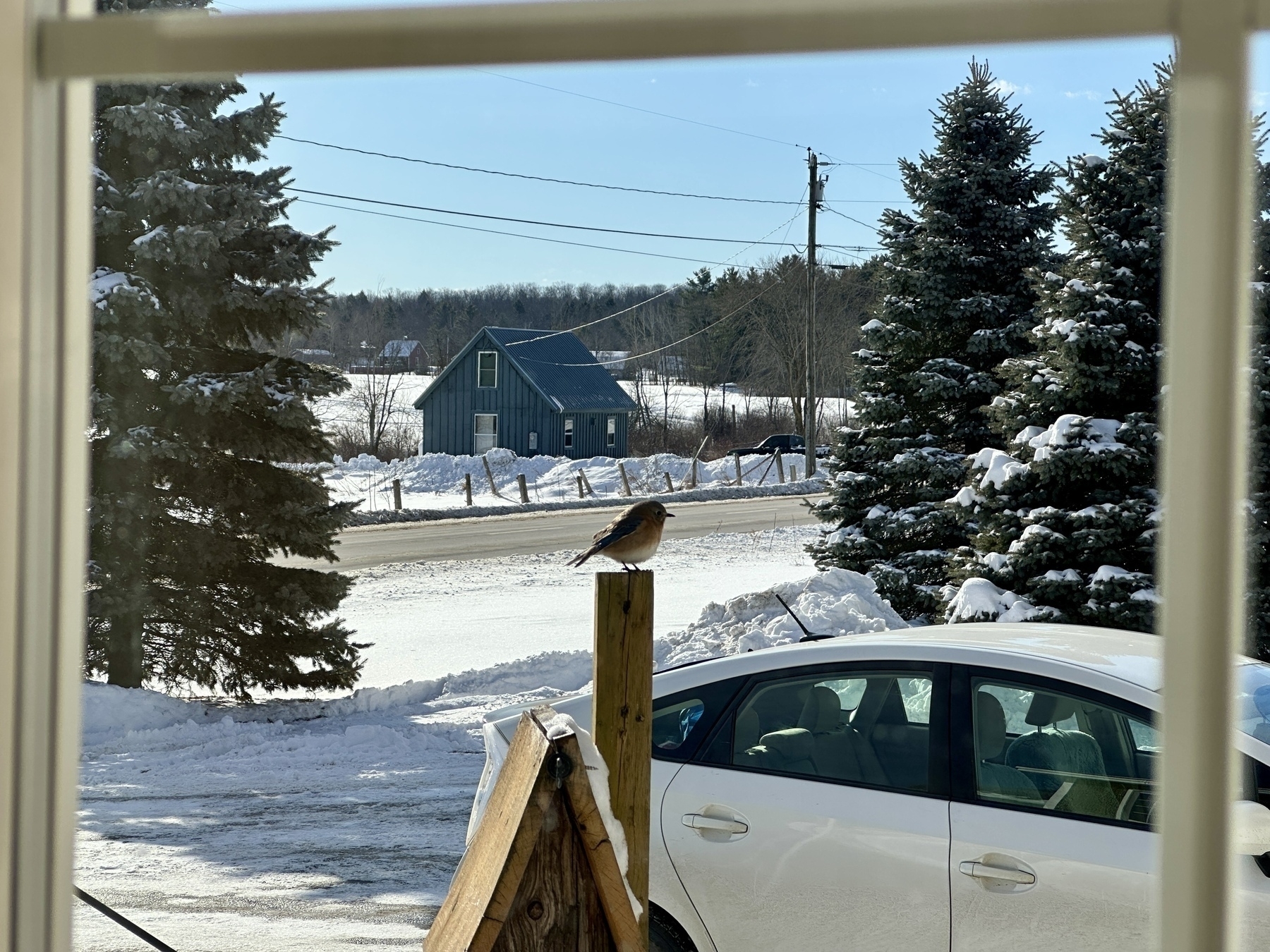Thoughts that fell from the bookshelf — Miroslav Volf and the politics of the pure heart
Holy moly. I’m essentially a non-kindle reader. Very, very rarely have I read a Kindle book — never have I enjoyed it. And yet, I just downloaded my (gulp)… 230 Kindle books.
I don’t think David Bentley Hart and First Things are on speaking terms. I went to add a hyperlink to a post from a few years ago and found a dead link — not by natural causes. So, it needed an addendum.
Blessèd are those to live in interesting times.
Speaking of Nadezhda — and in the “yay for the memory of commonplace blogs” category — I’m reminded: She had them pegged in her day as well.
Those with open ears and whatnot…
Billy Collins has a wonderful thing for introductions to poetry. Of course, there’s his famous one, called “Introduction to Poetry.” In fact, when my wife and I first met, before we were dating, I got her to read it out loud to a breakroom full of coworkers. Over the years, I’ve sent that poem to any of a hundred people who “don’t like poetry,” who prefer the “Tell me what you mean and make it quick” approach to language. (I can also sic Nadezhda Mandelstam on them if it’s required.)
Anyway, I’m never sure about the copyright rules when posting whole poems online from a book I have in hand, and usually only do so when I can find them somewhere else on the internet. I’m also not sure if Google Books counts. So if this link works, Billy Collins has a new one that made me smile, called “BC/AD.”
Here’s the second half of it:
I drew a long horizontal line on the board
to represent all of human time,
then a vertical line intersecting it at the birth of Christ,
and I added a stick figure of Plato standing
on the line and a small zero off to the side.“You see,” I announced, “Plato was born
428 years before the birth of Christ."“But how did they know that?” she asked.
“Excellent question,” I replied, shaking my head.
Then from the back, another excellent one:
“And why do the languages change from English to Latin,
from ‘before Christ’ to ‘Anno Domini.
You would think it would be the other way around."“You would think,” I repeated,
moving over to the big school window,
one finger pressed pensively to my lips,
to observe the orange and yellow trees,
patches of blue beyond them,
and a few ordinary birds darting through the scene,until the bell, signaling the end of our class
and the beginning of something else, rang.This was, after all, an introduction to poetry.

I’ve had a glitch on apple maps for at least 24 hours now. If I open the app and type “Gorham, NH” and click on it, it gives me a pin in the “Gulf of America.” It’s worked on everyone’s phone I had try it, too. Also works for Gorham, ME.

From Kathryn Hughes:
A cat’s meat man was an itinerant vendor who pushed a cart of cheap offal and horsemeat around residential streets while calling out something that sounded like “CA-DOE-MEE!”[…]
Although there were plenty of grim jokes circulating about how cat’s meat men supplied the toughest meat they could get away with, the fact was that many of these rough diamonds were known for their tender hearts. It was not unusual to spot a cat’s meat man slipping scraps to the hopeful strays that wound around his ankles. He was their guardian, their special friend.
A lovely, especially tender photo up close.

The notion of “Christian fiction” is problematic in the same fashion as the notion of a “protest song”. Consider: how many good protest songs have you actually ever heard, in comparison with the number of bad or terrible ones? I would be willing to bet that the latter list was a lot longer, and the reason is simple enough: polemic and poetry don’t mix. Making a point or pushing an agenda sits very badly with the task of exploring the complexity of human being in all its fullness. Somebody who already has all the answers may be unwilling to dig very deeply into the pushes and pulls of the human soul. There may also be places they don’t want to go, or consider themselves banned from exploring.[…]
And so we come to Fredrick Buechner.
My niece pointed out an Eastern Bluebird on the perch
